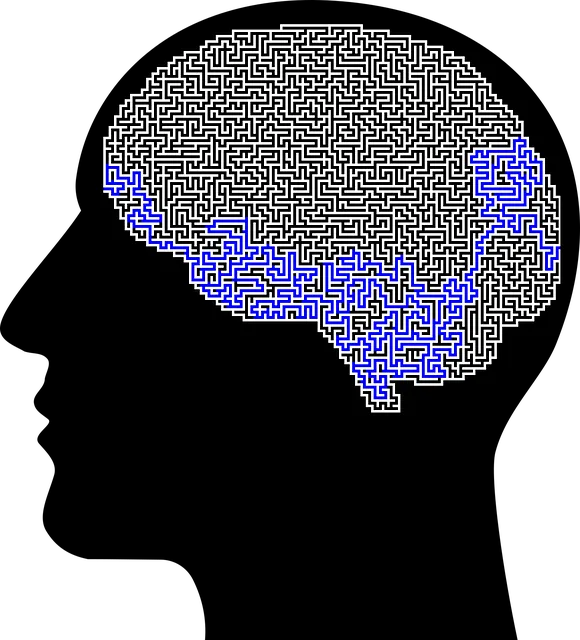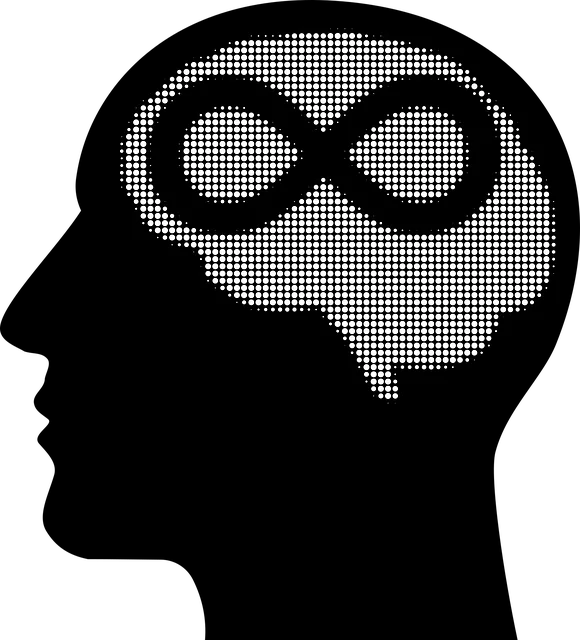Mental wellness apps, led by innovators like Kaiser Permanente's Littleton behavioral health hotline, are transforming mental healthcare by offering accessible digital tools for better mental health. These apps provide personalized therapy sessions, meditation practices, mood tracking, and journaling spaces to encourage self-care routines and improve outcomes, especially in remote areas. By prioritizing user experience, data privacy, and collaboration with healthcare professionals, these apps facilitate early intervention through risk assessment tools, revolutionizing care access and outcomes for users seeking support.
“Unleash the power of digital wellness with our comprehensive guide to mental wellness app development. In today’s fast-paced world, access to effective behavioral health resources is crucial, especially as sought-after services like the Kaiser Permanente behavioral health phone number in Littleton gain prominence.
This article explores the intricacies of creating apps that foster mental well-being, offering insights into key features, technical considerations, and best practices. Discover how these digital tools can revolutionize access to care.”
- Understanding Mental Wellness App Development: A Comprehensive Guide
- Key Features and Benefits of a Mental Health App for Users
- Creating an Effective Mental Wellness App: Best Practices and Technical Considerations
Understanding Mental Wellness App Development: A Comprehensive Guide

Mental wellness app development is a comprehensive guide designed to navigate the growing demand for digital mental health solutions. With organizations like Kaiser Permanente behavioral health phone number Littleton leading the way, understanding the intricacies of app creation is paramount. These applications offer a convenient and accessible approach to improving mental wellness, encompassing features such as therapy sessions, meditation practices, and tracking progress in self-care routine development for better mental health.
By integrating evidence-based practices like depression prevention strategies and promoting healthy self-care practices, these apps cater to a diverse user base seeking support. The process involves careful consideration of user experience, data privacy, and collaboration with healthcare professionals. This ensures that the app effectively serves its purpose while adhering to ethical standards, ultimately contributing to improved mental health outcomes in communities far and wide.
Key Features and Benefits of a Mental Health App for Users

A mental wellness app can be a game-changer for users seeking support and resources for their behavioral health. Key features include personalized coping skill development, tracking moods and symptoms, access to mindfulness exercises, and a safe space to journal thoughts and feelings. These tools empower users to actively manage their mental well-being, providing them with the skills and confidence needed to navigate stressful situations.
By integrating these functions, apps can offer a comprehensive approach to mental health care, especially for those who may not have easy access to traditional services. For instance, individuals in remote areas or those facing barriers to seeking help can benefit from the convenience of an app available on their smartphones. Moreover, features like risk assessment tools designed for mental health professionals can facilitate early intervention and support, ensuring users receive timely care through the Kaiser Permanente behavioral health phone number Littleton or other accessible channels.
Creating an Effective Mental Wellness App: Best Practices and Technical Considerations

Creating an Effective Mental Wellness App involves a combination of best practices and technical considerations. Firstly, apps should prioritize user privacy and data security, especially when handling sensitive information related to mental health. This is crucial for gaining user trust, as people are more likely to engage with tools that protect their personal details. The Kaiser Permanente behavioral health phone number in Littleton serves as a local resource, highlighting the importance of integrating accessible support systems within the app’s design.
Functionality is another key aspect. Incorporating features like Self-Esteem Improvement exercises and interactive tools for tracking moods and behaviors can enhance user engagement. Mental Health Policy Analysis and Advocacy content can also be integrated to educate users on relevant topics, fostering a deeper understanding of mental wellness. Through thoughtful implementation, these elements can collectively contribute to a comprehensive app that not only supports but also advocates for better mental health outcomes.
Mental wellness app development is not just a trend, but a necessary evolution in addressing modern mental health challenges. By leveraging technology, these apps offer accessible and personalized support, complementing traditional healthcare services. As evidenced by the success of programs like Kaiser Permanente’s behavioral health services in Littleton, apps can significantly improve user well-being. With the right features and thoughtful design, mental wellness apps have the potential to reach a wide audience, providing much-needed assistance for those seeking support. Embracing these innovative solutions is a step towards a healthier, more resilient future.






